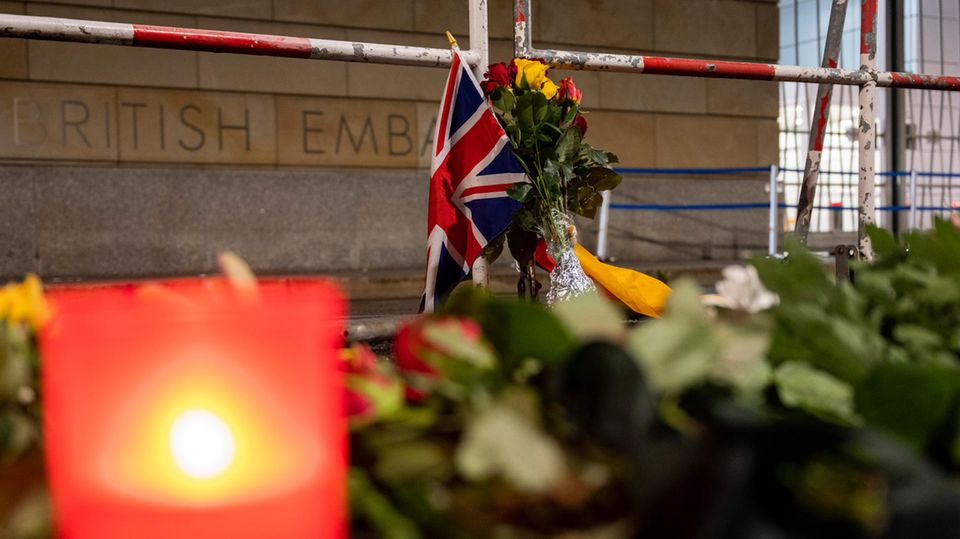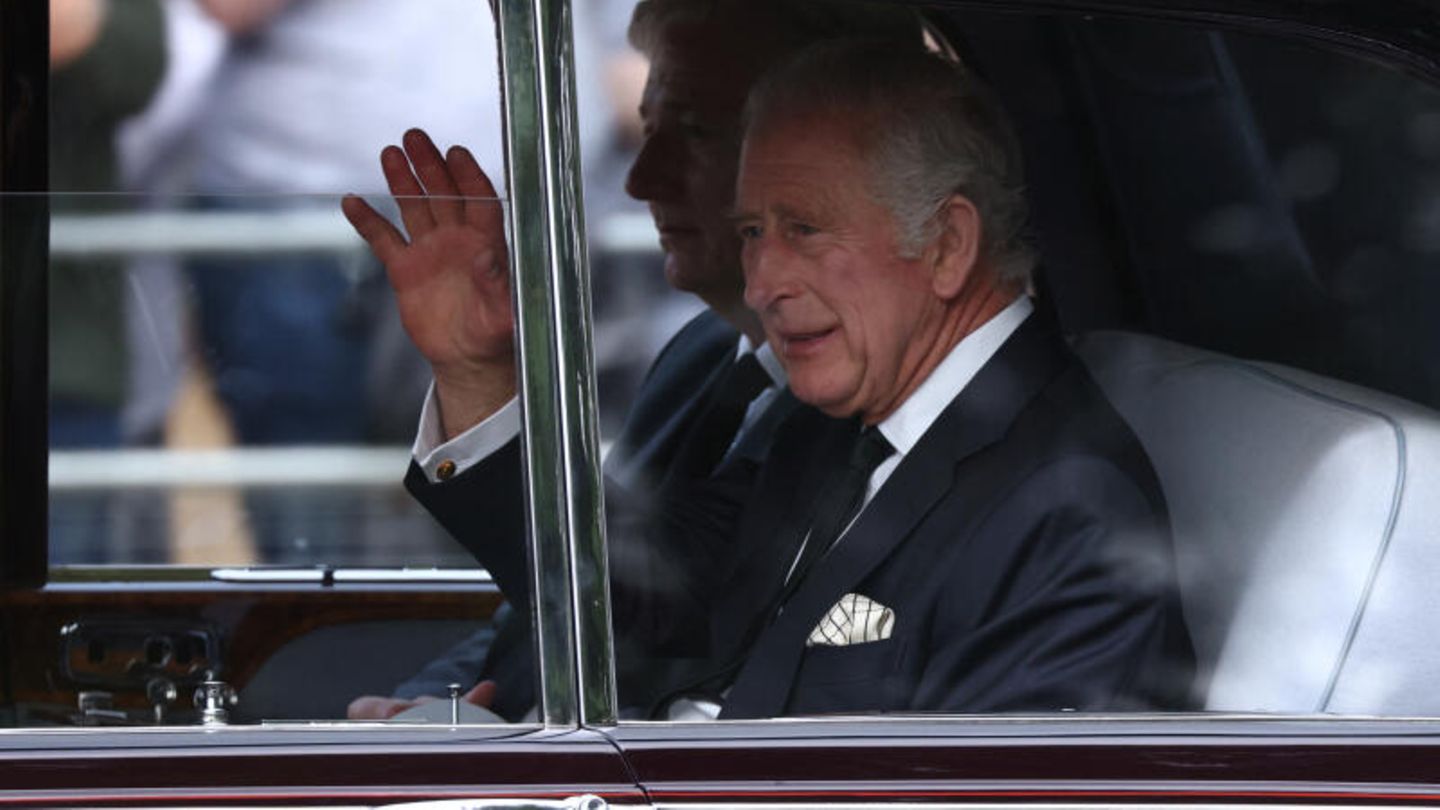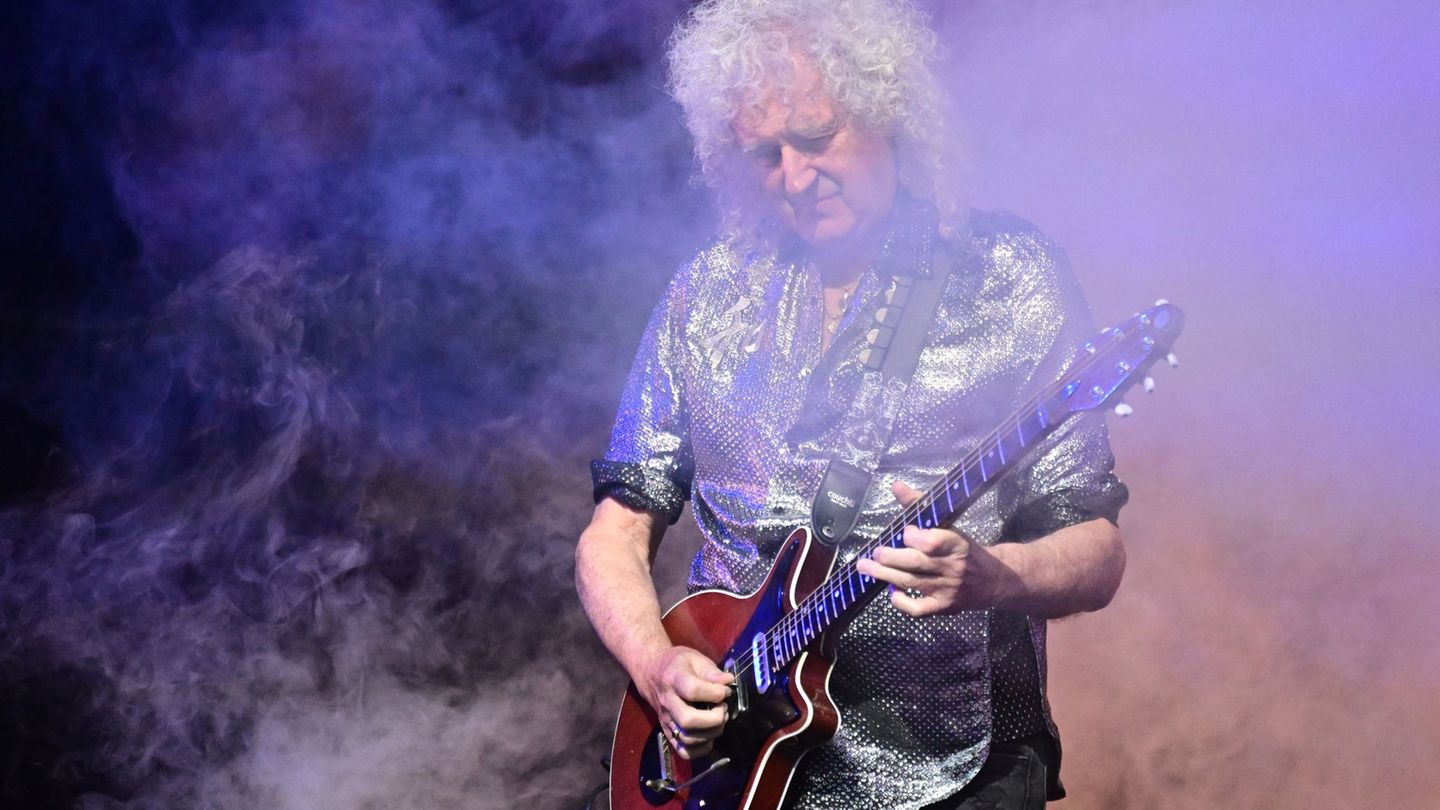After the death of Queen Elizabeth, King Charles succeeds to the throne and, in addition to a lot of responsibility, also inherits millions of dollars. Why he can avoid British inheritance tax – and why he could still pay it.
With the death of his mother Queen Elizabeth II, King Charles III inherits. also a fortune in the millions. His advantage: As a monarch, he does not have to pay the inheritance tax of 40 percent. The royal family owes this to former Prime Minister John Major. The conservative politician justified this rule in 1993 by saying that otherwise there was a risk that the royal family’s assets would be fragmented over generations. This would change the nature of the institution “in a way that few people in this country would welcome”.
Royal inheritance: “Taxation clearly inappropriate”
A 2013 agreement said taxing it would be “clearly inappropriate” as the assets would be held by the Queen as a sovereign rather than a private individual. The monarchy needs sufficient resources to fulfill its role and be financially independent from the government. If there were other heirs to be considered by the Queen, they would have to pay inheritance tax on any amounts above a certain amount.
The Queen is exempt from paying taxes. In 1993, however, she promised to voluntarily pay income tax and capital gains tax. It is expected that King Charles will do the same.
King Charles could voluntarily levy taxes

Specifically, it is about the Duchy of Lancaster, which is owned by the British monarch. This includes extensive estates, especially in central England, but also companies in London. The fortune was last valued at £650m (€750m), according to the financial report.
Source: Stern
Jane Stock is a technology author, who has written for 24 Hours World. She writes about the latest in technology news and trends, and is always on the lookout for new and innovative ways to improve his audience’s experience.




